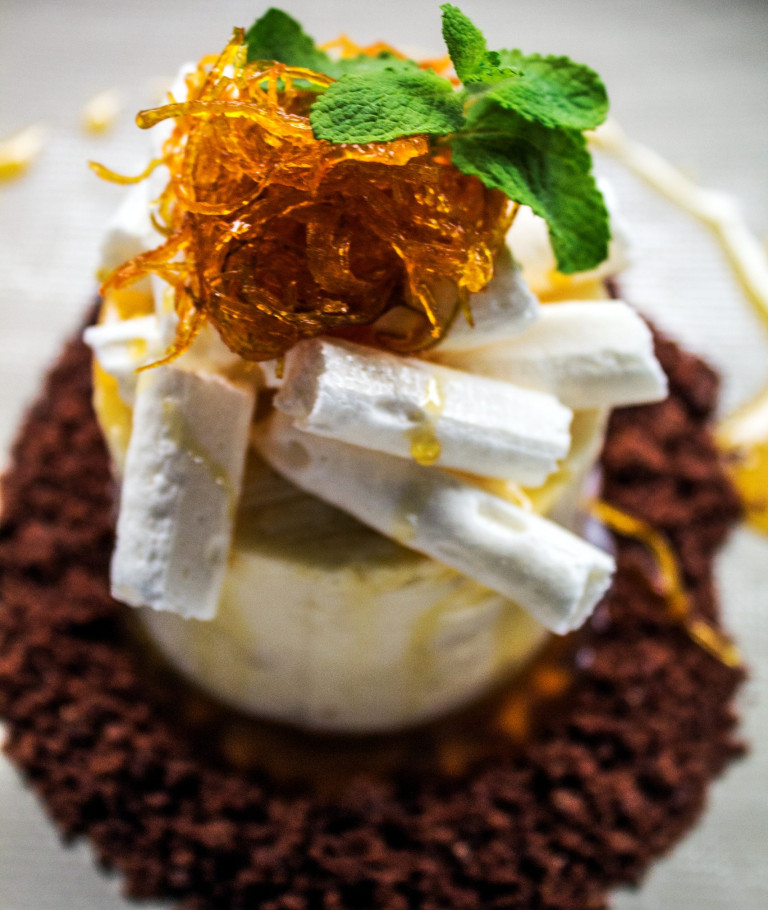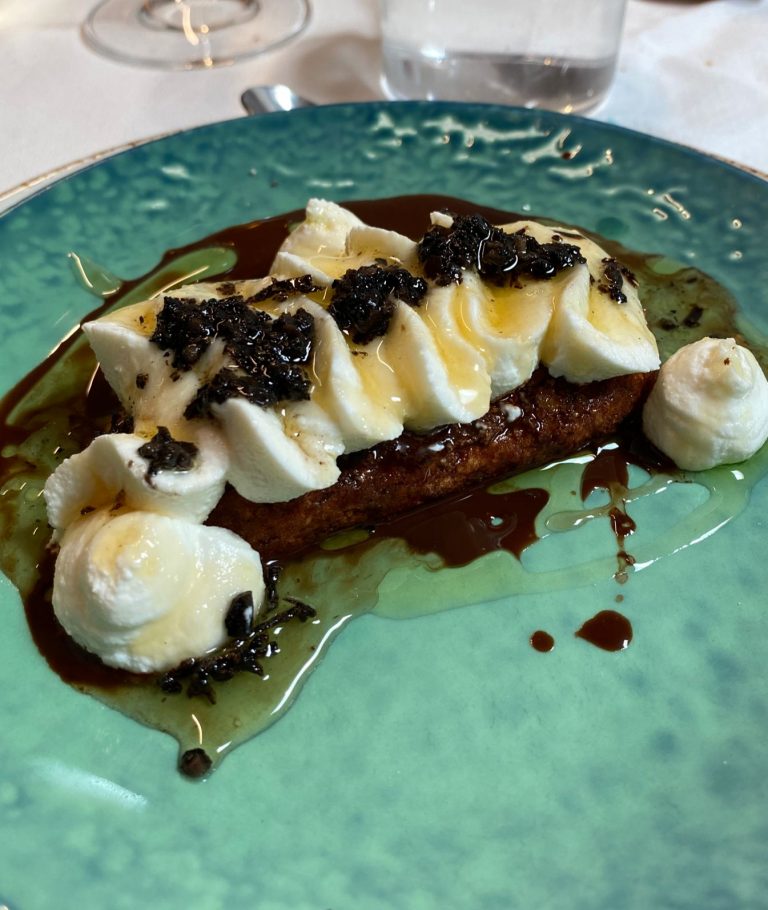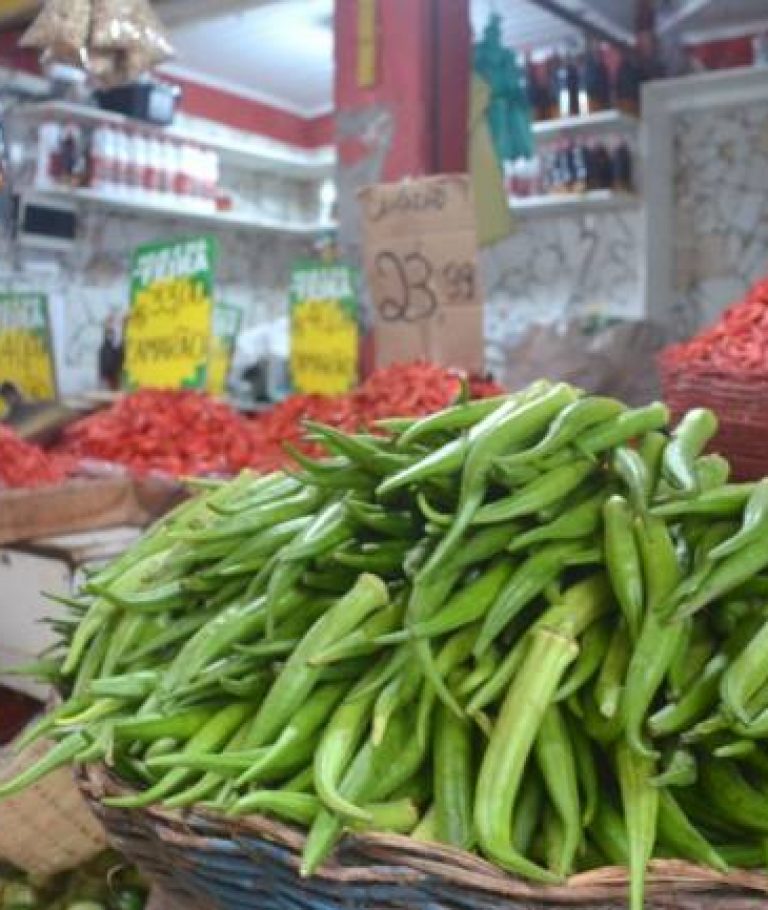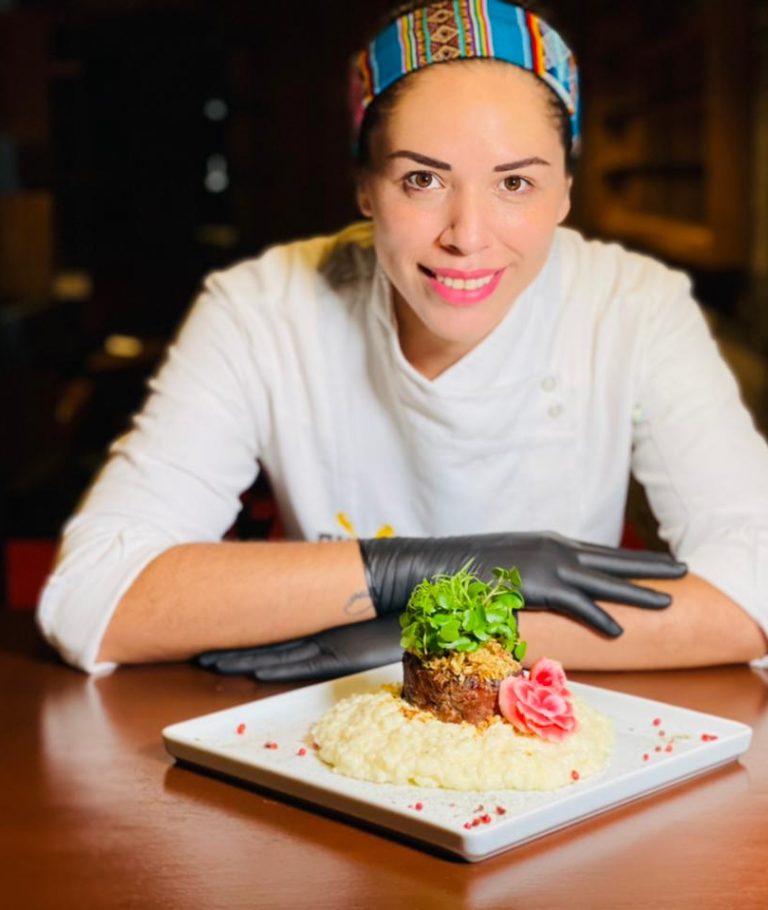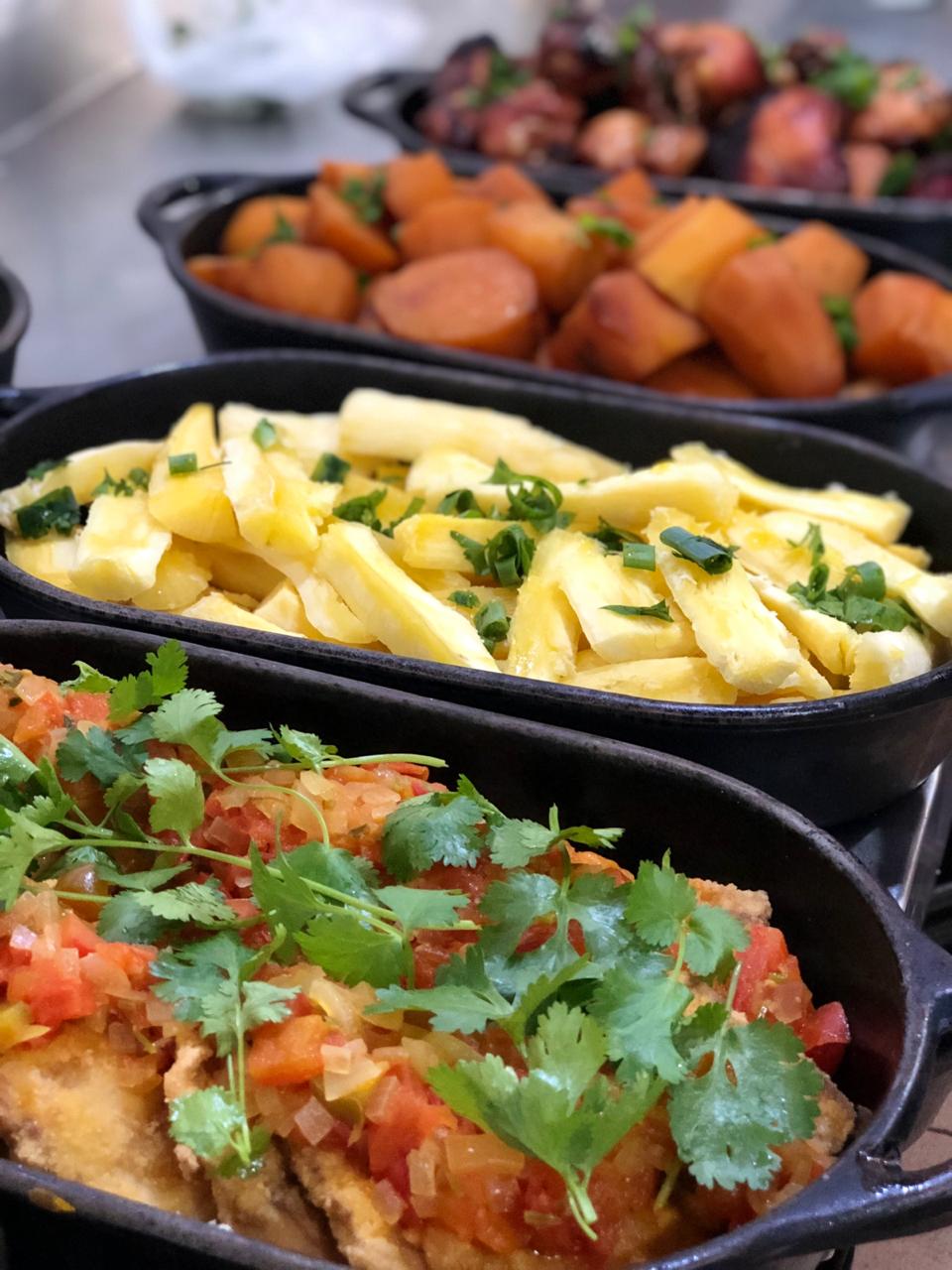
by Chef Paulo Machado
Check the shopping list, pack your bags of Brazilian ingredients, fasten your seat belts and leave! That was the first of many travel adventures with the mission of bringing yellow-green flavors to other nations. Heading to Kenya, at the invitation of the Brazilian embassy in Nairobi to hold the “First Brazil in Eastern Africa EXPO 2011”, were me, chef-confectioner Thiago Bettin, as well as music and capoeira groups, as well as the sub-national football team. 21 from Palmeiras.
Getting there, properly presented kitchen, chefs, sous chefs, assistants, all helpful and at the disposal of our orders. We would hold dinners for a week for Sarova Stanley Hotel’s select audience. One day after my arrival I went to visit the markets to identify the ingredients I would work with to prepare: shrimp bobo, barreado, feijoada, carreteiro rice, goat stew, quindim, brigadeiro and other tupiniquin delights. I found everything, or rather almost everything. Where was the oil palm? There in East Africa, to my amazement and ignorance, palm oil is not used in the kitchen, worse, in Kenya there is not even palm oil palm. When I realized that the dear red olive oil of our Bahia came from Africa, yes, but from the Western side, from countries like Angola and Mozambique, that their food culture makes up the vast Brazilian cauldron. I had to use plan B. The moqueca da Bahia became capixaba, the vatapá became from Pará, and the bobó, finally … I switched to caribéu. Delicious Pantanal stew that also takes cassava.
When telling the Hotel Chef about the new menu he was thrilled except for the “cassava” which entered the menu now and then. He told me he had a serious problem, in Kenya it is not good to serve manioc in fine restaurants. Noble people may even eat manioc, but hidden. Members of the royal family, and the king himself are forbidden to taste the delicacy. All that is why the very useful manihot, our very Brazilian root, is subsistence food in Kenya. I found it all very strange, I even remembered when the cachaça suffered prejudice in Brazil, today is already by many, thank God, a source of national pride and we serve with pleasure to guests great cachaça without any resentment.
In Kenya, cassava is poor food. I spent the night thinking about a solution, worried, how to cook without cassava, I can’t make caribou with English potatoes, and the stash would be terrible. Finally the solution: we can replace the term “cassava” with “manioc from Brazil”, the Chef approved the new term with a smile. The most beautiful thing was watching the pleasure of diners throughout that week licking their lips with Brazilian delicacies made with the Queen of Brazil.

